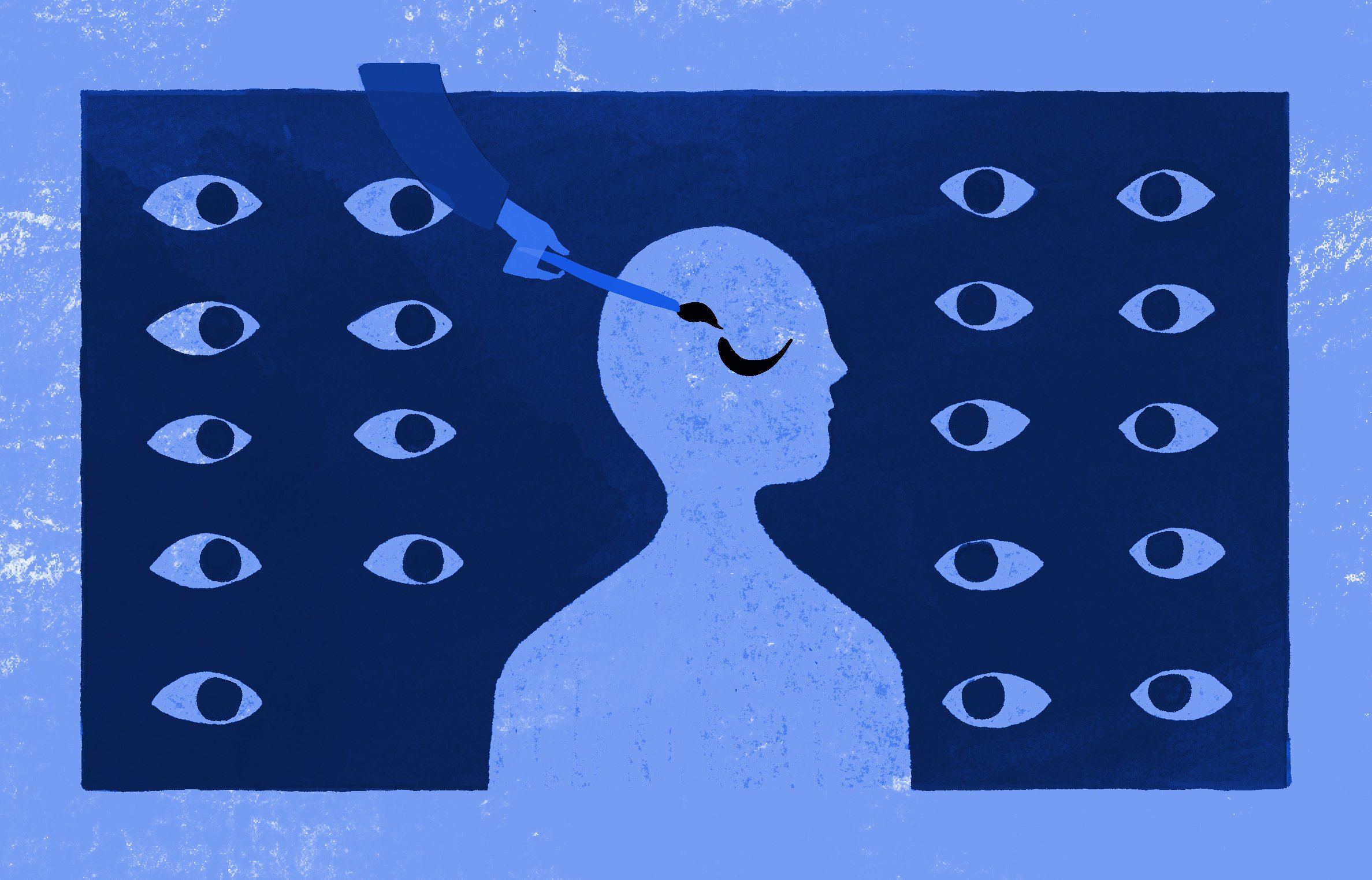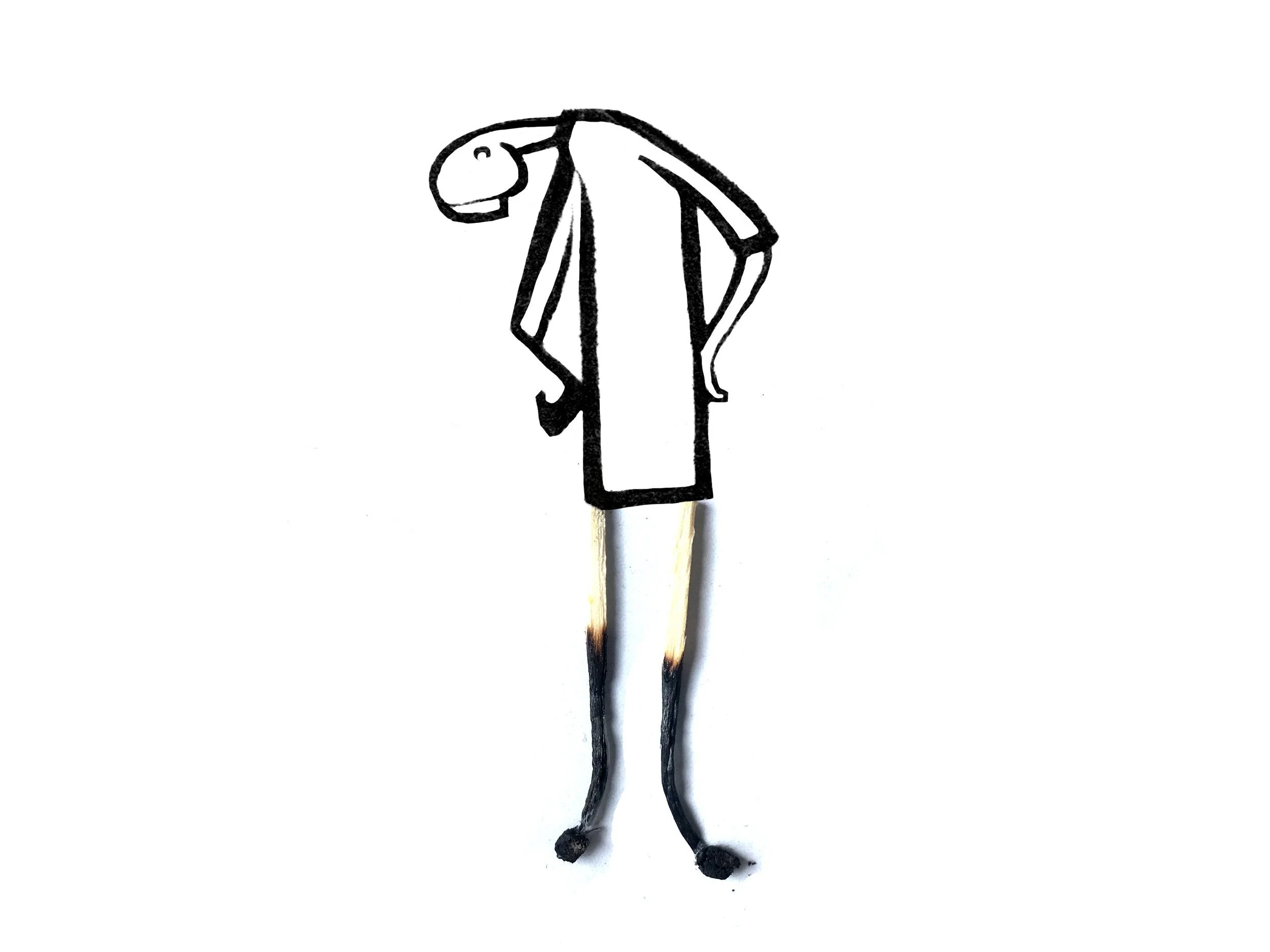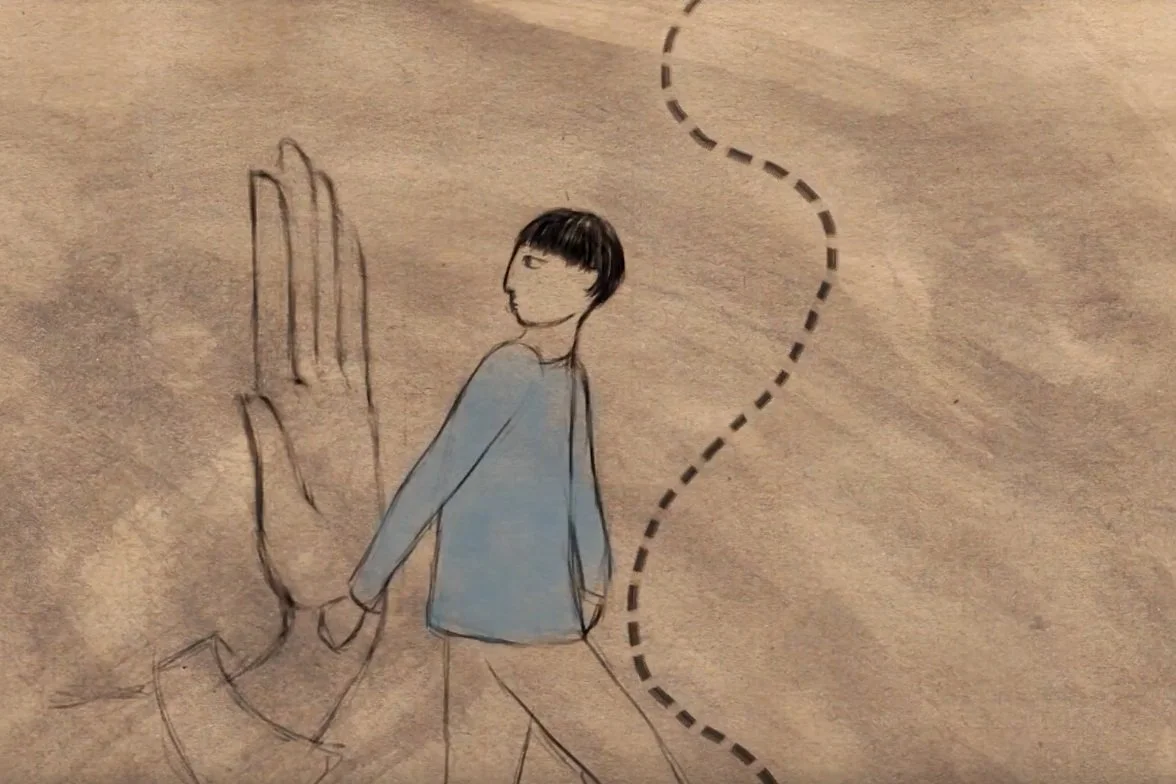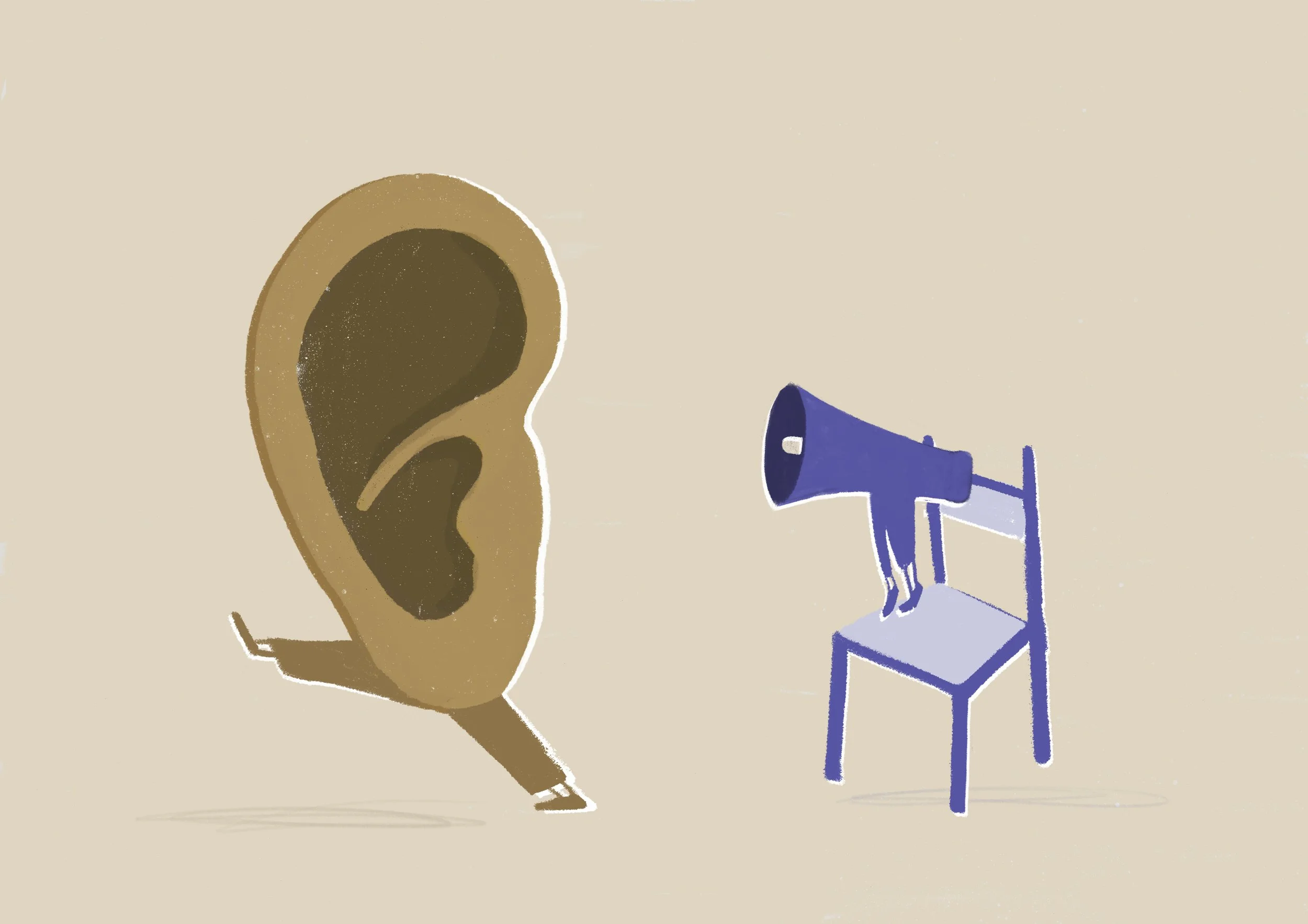Brasil es el país mejor clasificado en América Latina con respecto a su desempeño a la hora de prevenir y responder a la violencia sexual contra niñas, niños y adolescentes (NNA), mientras que Argentina es el peor clasificado, según un nuevo informe publicado hoy por Economist Impact que compara la legislación y las políticas de nueve países de la región, el lanzamiento de que ha sido coordinado por CRIN.
Read MoreL’accès des enfants à l’information est parfois restreint de façon disproportionnée, dans le but soi-disant de les protéger. Cet aspect est donc au cœur des débats autour du chiffrement, de la vie privée et de la protection des données. Afin de marquer la Journée internationale de l’accès universel à l’information, nous explorons certaines questions et certains sujets de tensions à travers le prisme de l’accès des enfants à l’information.
Read MoreLe débat sur le chiffrement des données et les droits de l’enfant est souvent divisé entre les approches axées sur la prévention des abus envers les enfants et celles qui mettent l’accent sur les libertés civiles. Cependant, cette polarisation occulte le fait que les droits de l’enfant se situent des deux côtés du discours. C’est pourquoi il est indispensable de trouver un terrain d’entente pour garantir la protection de ces droits.
Read MoreLast week we submitted our comments on the United Nations Committee on the Rights of the Child’s (UNCRC) draft document which seeks to set standards for governments to uphold children’s rights impacted by the environmental and climate crisis.
Read MoreThe Prevent policy has failed. The UK government’s review, released today, clearly demonstrates this failure, yet continues to draw the wrong conclusions, doubling down on the most damaging aspects of the programme.
Read MoreA new report, co-published by CRIN and defenddigitalme, aims to capture the full complexity of how encryption affects children’s lives. It sets out principles for an approach to encryption that recognises and respects the full range of their rights.
Read MoreIn this interview we spoke with climate activist and law student Nicki Becker, we explore what the research tells us about the status of children’s climate justice in Argentina, but also what the reality is beyond the research and where the gaps are.
Read MoreEn esta entrevista con la activista climática y estudiante de derecho Nicki Becker, exploramos lo que la investigación nos dice sobre el estado de la justicia climática para los niños, niñas y adolescentes en Argentina, pero también cuál es la realidad más allá de la investigación y dónde se encuentran las brechas.
Read MoreIn this interview we spoke with Jeunes Ambassadeurs pour le Climat (JAC), an association of young people in France aiming to raise awareness and educate people on climate and environmental issues.
Read MoreIn a first, at COP27 countries are urged to include children in the design and implementation of climate policies.
Read MoreCRIN’s goal at COP is to ensure that children’s voices, perspectives and knowledge are included and that children are able to participate in the decisions that impact them. But our stance is clear: there is no climate justice without human rights.
Read MoreFaced with climate collapse in the next decade, it is children today, but also future generations who have the most to lose. During COP27 we’ll be spotlighting what children have to say on the climate crisis, and why more needs to be done to involve them.
Read MoreChildren’s access to information has sometimes been disproportionately restricted with the stated aim of protecting children. This makes it central to the debate around encryption, privacy and protection. To mark International Right to Know Day, we explored some of the questions and tensions in this debate through the lens of children’s access to information.
Read MoreToo many states are failing to take a human rights-based approach to children detained in North East Syria. This needs to change - these children can and must be brought home.
Read MoreFor International Day of the World’s Indigenous Peoples, climate activist and CRIN Climate Adviser Santiago Flores Medina speaks with Futuros Indígenas: one of Latin America's leading networks in the restoration and preservation of Indigenous Peoples’ rights for autonomous identities. The interview highlights how Indigenous resistance is key to driving systemic change.
Read MoreEn ocasión del Día Internacional de los Pueblos Indígenas del Mundo, el activista climático y Asesor Climático de CRIN Santiago Flores Medina conversó con Futuros Indígenas, una de las redes líderes de Latinoamérica en la restauración y preservación de los derechos a las identidades autónomas de los pueblos indígenas.
Read MoreThis interview with Fithriyyah Iskandar, an environmental youth activist and doctor from Indonesia, covers the intersections of human and planetary health issues; the barriers that marginalised communities face when trying to engage with the judicial systems; and the problems with tokenistic involvement of children and young people by governments and organisations.
Read MoreThe debate on encryption and children’s rights is often divided between approaches focused on preventing child abuse, versus an emphasis on civil liberties. But this polarisation hides the fact that children’s rights are on both sides of the discourse. Finding common ground is essential to ensuring that children’s rights are protected.
Read MoreA story published by Vice exposes the scale of bullying, abuse and sexual assault in British armed forces training, with the youngest recruits, and especially young women, some of the worst impacted. One of the veterans speaking out in the article is Joe, who joined the Army Foundation College in 2013 aged 16. Read his full story here. [Content warning: descriptions of abuse and sexual assault].
Read More
















